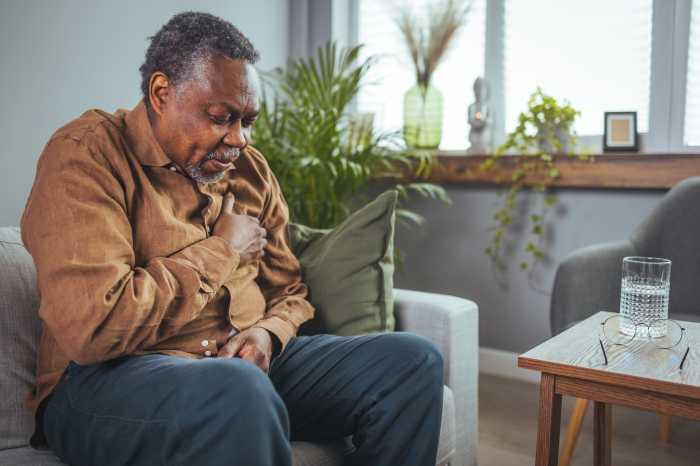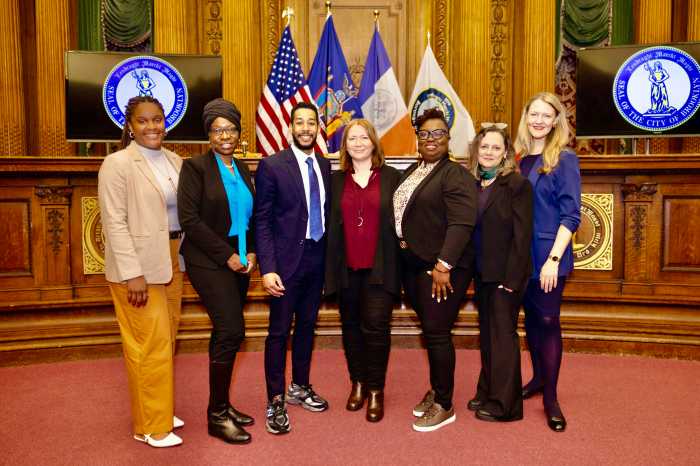The Pan American Health Organization (PAHO) says Latin American and Caribbean countries have pledged to work to end the preventable mortality of women, children and adolescents by 2030.
PAHO said on Wednesday that regional countries have also agreed to “develop effective actions for that population to prosper and transform the world.”
Chile’s President Michele Bachelet presented the “Commitment to Action of Santiago” alongside representatives of nine countries of the region, PAHO said.
“This ‘Commitment to Action’ seeks to start the implementation of the Global Strategy for Women’s, Childrens and Adolescent’s Health (2016-2030) in the region, a roadmap launched by the UN Secretary-General to improve the health and well-being, and achieve a more prosperous and sustainable future, leaving no one behind,” PAHO said.
Within the framework of the High-Level Meeting, which ended in Santiago de Chile on Monday, “Every Woman, Every Child, Every Adolescent” Chile’s president said that survive, thrive, and transform – the three objectives of the strategy – “are much more than three verbs.
“They are a concrete call we make and take up as a community of nations committed to the development of our societies, and they will guide and inspire our work,” said Bachelet, co-chair of the High-level Steering Group of the Every Woman Every Child movement.
“It’s been an intense day of work, shared experiences and recommendations on the Global Strategy, and how to progress in its implementation both at the regional, sub-regional and national level,” she added.
“This, with a view to achieving the Sustainable Development Objectives in the Latin America and the Caribbean region between now and 2030, and building fairer societies and with greater equity in health for all,” she continued.
PAHO Director Dr. Carissa Etienne said health inequities are “not only unjust, they also threaten the advances we have made in the last decades, and endanger economic growth and social development” in Latin America and the Caribbean.
“We have an obligation to ensure that political actions reach the most disadvantaged people first and then gradually benefit every woman, child, and adolescent in our region,” she said.
It is estimated that in the region more than 6,200 women died in 2015 from complications during pregnancy and childbirth, most of which can be prevented, according to PAHO.
In addition, it said about 196,000 children under the age of five die in Latin America and the Caribbean each year, of which 85 percent were less than 1 year old.
PAHO said the health of adolescents and their chances of prosperity are conditioned by inequalities in access to health, education and employment opportunities.
The region has one of the highest adolescent birth rates in the world and among its main causes of death are homicides (24 percent), road accidents (20 percent) and suicides (seven percent), PAHO said.
In the document, delegates said they will work to mobilize and catalyze action towards achieving the goals that the Global Strategy drives and are aligned with the United Nations’ 2030 Agenda for sustainable development.
They also committed to addressing gender, ethnic and human rights inequalities, “so that no one is left behind, taking into account that these dimensions intersect and overlap in situations of discrimination, especially towards poorer women, children and adolescents.”
PAHO said “the Commitment for Action” recognizes as priority actions the reduction of inequities in health according to human rights norms and principles, with special attention to vulnerable populations; the prioritization of quality in universal access to health services; the strengthening of cooperation among countries to address specific contexts; and the promotion of multi-sectoral actions within and between countries.
“The Sustainable Development Goals are fundamentally about exclusion and inequality. And it is no longer a question of north or south, but even within countries there is exclusion,” said Luiz Loures, UN Assistant-Secretary-General and Deputy Executive Director of UNAIDS.
Loures acknowledged the leadership of the region for the implementation of the Global Strategy: “Latin America and the Caribbean are the first to have a regional coordination [EWEC LAC]. There is yet much to do but there are already plans to work in one direction and that is fundamental.”


























